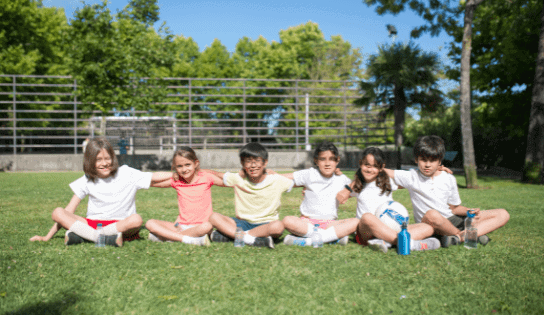School-Based Mental Health Interventions Targeting Depression or Anxiety

Interventions, Mental Health, Metacognition The reason for the study is to address the shortcomings of past studies in mental health interventions, which lacked stringent inclusion criteria and diverse moderators. The aim is to employ more rigorous methods to provide updated and evidence-based results on interventions targeting anxiety or depression. This study presents an updated analysis […]
Self and Peer-Correction Techniques in Teaching

Interventions, Pedagogy Teaching writing skills allows students to interact in an ever-increasing digital world and more effectively communicate their ideas, share information, and gain new vocabulary inside and outside of a school setting. While writing skills are crucial to teach, it is also difficult to do so. The authors in this study wanted to explore […]
The Effect of Teacher Autonomy and Student-Teacher Relationships on Depression

The number of students with registered disabilities enrolling in colleges and universities across the United States is continuing to increase, speaking to the myriad of improvements and advancements in technology, legislation, and treatment over the past few decades.
The perceptions of online peer tutoring

Investigation of tutor and tutee’s perception of challenges faced in virtual tutoring. Secondly, reasons for service refusal were investigated to inform future planning and training. The skills necessary to be an effective tutor Research shows that peer tutoring can be beneficial for all participants. Yet, it is essential that tutors possess the technological and pedagogical […]
Working memory – a predictor of word learning

The authors of this paper wanted to provide evidence that working memory could explain word learning variance in children, “over and above the contributions of expressive vocabulary and nonverbal IQ.” Working memory can act as a predictor Verbal working memory measures positively correlated with vocabulary and grammar scores in a person’s first and second language. […]
The Effectiveness of Campus Counseling for Students with Disabilities

The number of students with registered disabilities enrolling in colleges and universities across the United States is continuing to increase, speaking to the myriad of improvements and advancements in technology, legislation, and treatment over the past few decades.
Using Digital Game-Based Learning for Students with Intellectual Disabilities

The purpose of the study was to examine the current literature on the use of digital Game-Based Learning (GBL) for students with intellectual disabilities.
Social Inclusion of Children with Persistent Challenging Behaviors

This study was conducted in order to identify practical ways for teachers to create a socially inclusive environment for children who demonstrate persistent challenging behaviors (PCBs) and/or who have social-emotional delays.
An Analysis of Interventions Used to Promote Self-Determination

Researchers conducted an updated review of the literature on interventions to promote overall self-determination and skills associated with self-determined action in students with disabilities in the school context.
Exploring the Dynamics of Self-Regulation, Emotion, and Grit in Student Achievement

Identifying the interrelationships between self-regulation, emotion, grit and student performance by using the Cyclical Self-Regulated learning model, which is associated with a K-12 math tutoring program.
